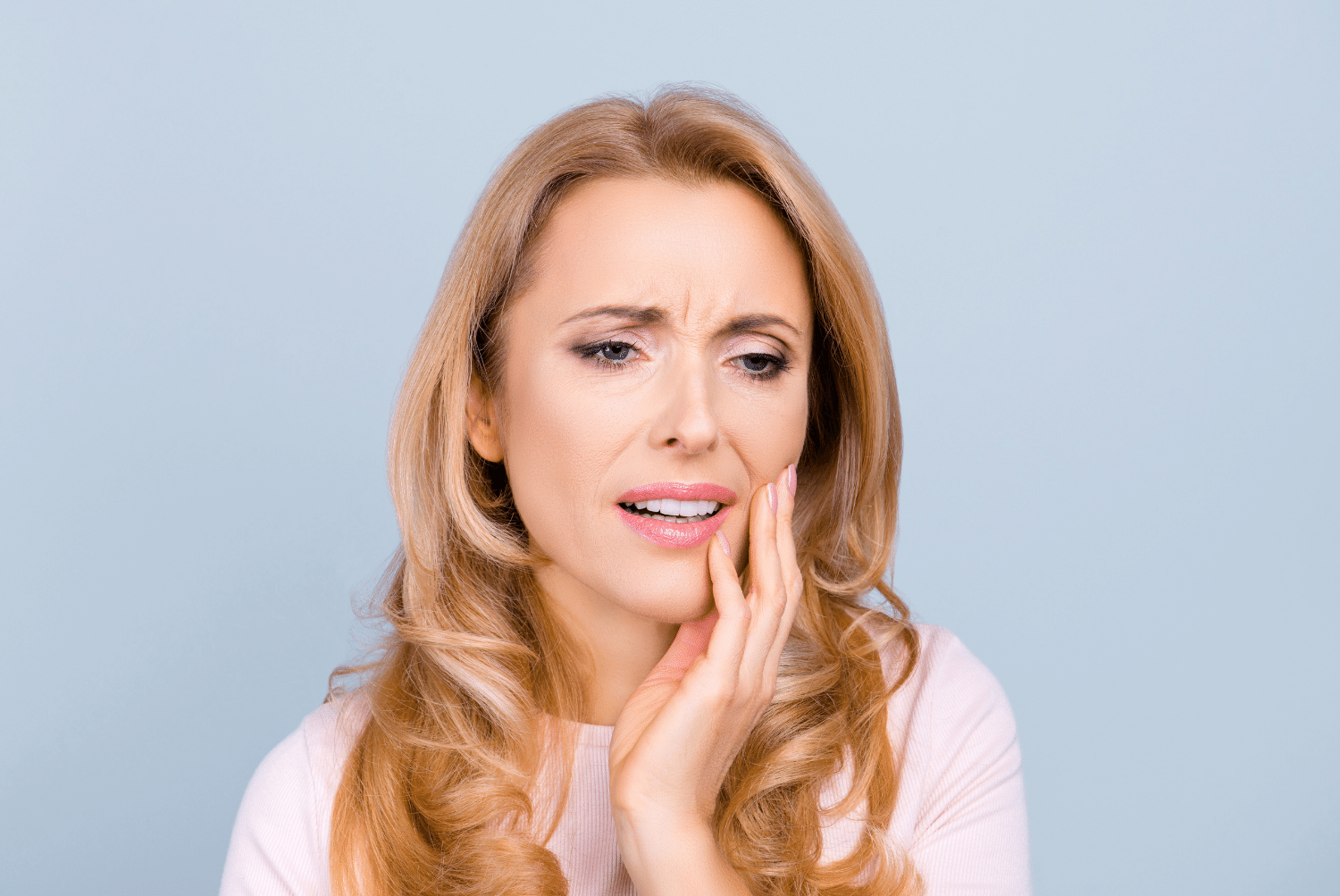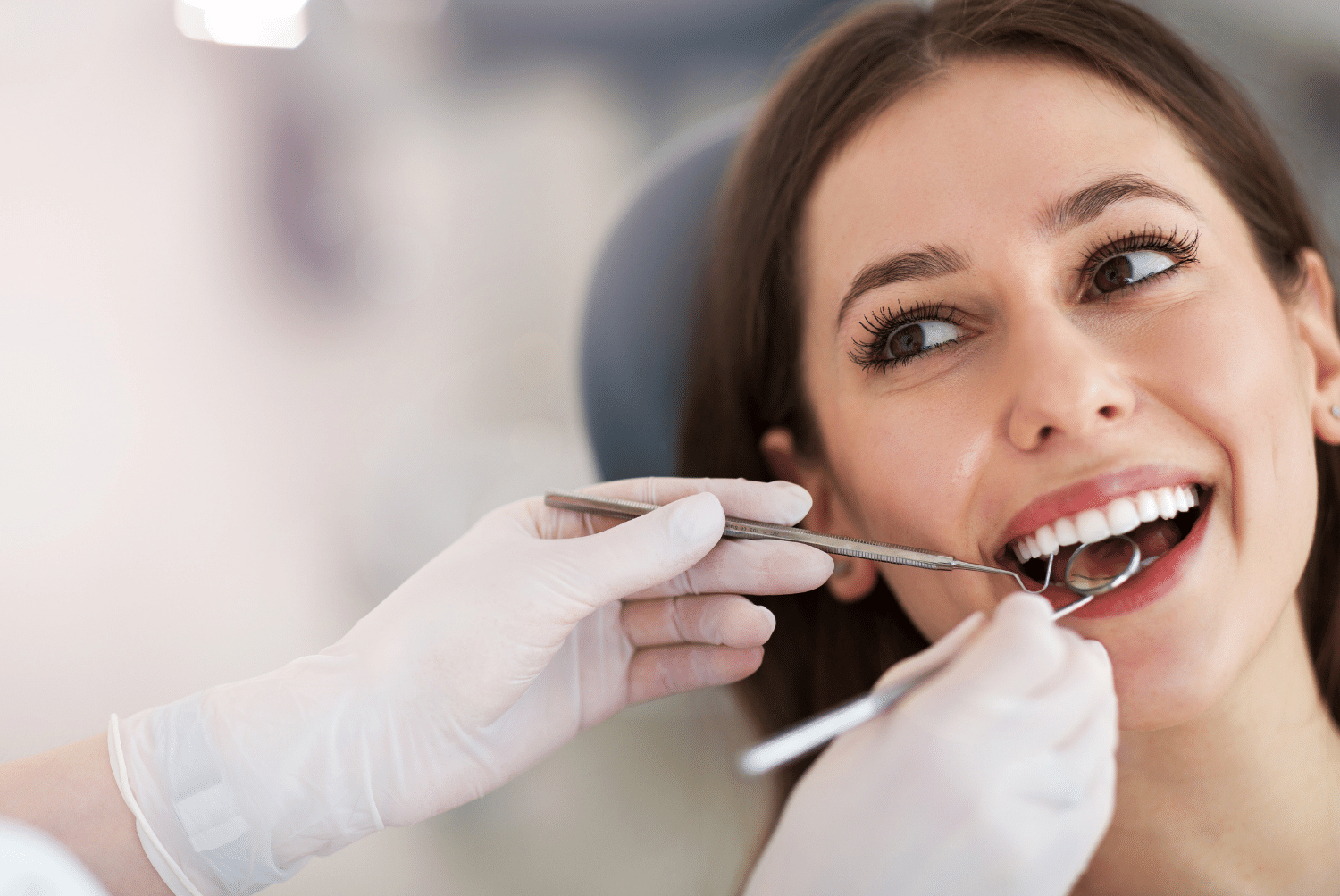How to Fix a Cracked Tooth
Teeth are quite sturdy, and if you take extra good care of them, they can last an entire lifetime. However, they aren’t indestructible, and like all bones, can sustain damage from physical trauma. Whether it’s from biting down on something particularly hard or from a fall, the teeth can and will sustain some level of damage if enough force is applied. Since the teeth are crucial to eating and speaking, cracked teeth can greatly impact your quality of life.
Dr. Boals, a dentist in Colorado Springs, CO, explains that the teeth are made up of three separate layers. The outer, hardened layer is called the enamel, and it protects the sensitive inner parts of the tooth. A small crack will affect the enamel, but you may not experience sensitivity to sweet foods and temperature. The second layer is the dentin, and once the crack reaches this region, you will definitely experience some sensitivity to temperature and sweet foods. If you don’t visit a dentist in Colorado Springs in time, the crack will grow down to the pulp, the innermost layer of the teeth that houses nerves and blood vessels.
How Do I Know I Have a Cracked Tooth?
General wear and tear or an injury can result in a cracked tooth, but the crack isn’t always visible. Some cracks are minute and may not require any treatment, but the more extensive cracks that do require some type of dental treatment may result in the following symptoms:
- Pain that comes and goes when you eat, especially while chewing or biting.
- Swollen gums around the cracked tooth.
- Teeth suddenly become sensitive to sweet, hot, or cold foods.
- Discomfort around the gums and teeth that is hard to pinpoint.
Dr. Beth Herko, a dentist in New Providence, NJ, says that you may also have a cracked tooth if you bite down too hard on a piece of food, grind your teeth excessively, suffer an injury to your mouth, or have a large existing filling which can weaken the remaining tooth structure. A sudden change in temperature may also result in a cracked tooth. If you drink something hot, let’s say tea, and take a sip of cold water right afterward, the junction between the dentin and the enamel experiences thermal stress which can result in crack formation.
When Should I See My Colorado Springs Dentist?
Some cracks, especially at the front teeth, can be easy to spot and identify. However, it may be a little harder to diagnose a crack in your molars. If you are experiencing any of the symptoms described above, even if you can’t pinpoint exactly which tooth is causing it, you should seek emergency dental care at Kissing Camels Family Dentistry. Remember, pain is your body’s way of telling you that something isn’t right, so don’t ignore it.
Dr. Boals, the best dentist in Colorado Springs CO, encourages you to schedule an appointment at Kissing Camels Family Dentistry if you suspect you have a cracked tooth. He offers some home remedies he says will keep you comfortable until you can see a dentist:
- Use ibuprofen, acetaminophen, or any other over-the-counter pain reliever to reduce the pain.
- Rinse your mouth with warm salt water to keep it clean and reduce the risk of infection.
- Eat softer foods and avoid biting down on the damaged tooth (if you know which one it is).
- If there is swelling, you can use a cold compress to bring it down. Apply it to your cheek for ten minutes at a time until the swelling goes down.
- You can also treat the tooth with Dentemp, a product sold at most pharmacies and drug stores. It is designed to temporarily treat chipped teeth until you can see a restorative dentist in Colorado Springs.
Treatment for Cracked Teeth
Most of these self-care tips are only stop-gap measures, and you should see your dentist as soon as you can. The longer it goes untreated, the more difficult it will be for Dr. Boals to save the tooth. Left untreated, an infection may occur, causing increased pain, swelling of the gums, increased sensitivity to temperature and sweet foods, and sore neck glands.
Once your Colorado Springs dentist identifies the cracked tooth and the extent of the damage, they will decide on the most suitable treatment:
- Fillings are the preferred treatment for small cracks and chips of the enamel. If the cracked tooth is at the front of the mouth, your dentist in Colorado Springs will bond a resin to your tooth, shape it and harden it using UV light.
- Dental veneers. Thin, custom made tooth-colored resin composite material or porcelain that is applied over the cracked surface of an existing tooth.
- Dental crowns. If the damage to your tooth is substantial, your dentist may file down the remaining part of the tooth and cover it with a cap or crown designed to protect the tooth, preserve its function and improve aesthetic appearance.
Cracked and chipped teeth are quite treatable, but if left unchecked, it can lead to tooth loss. While there are things you can do to alleviate any pain, the best thing you could do for your teeth is to visit Kissing Camels Family Dentistry for an evaluation by Dr. Boals. Give us a call today and let our experienced professionals take care of you!











